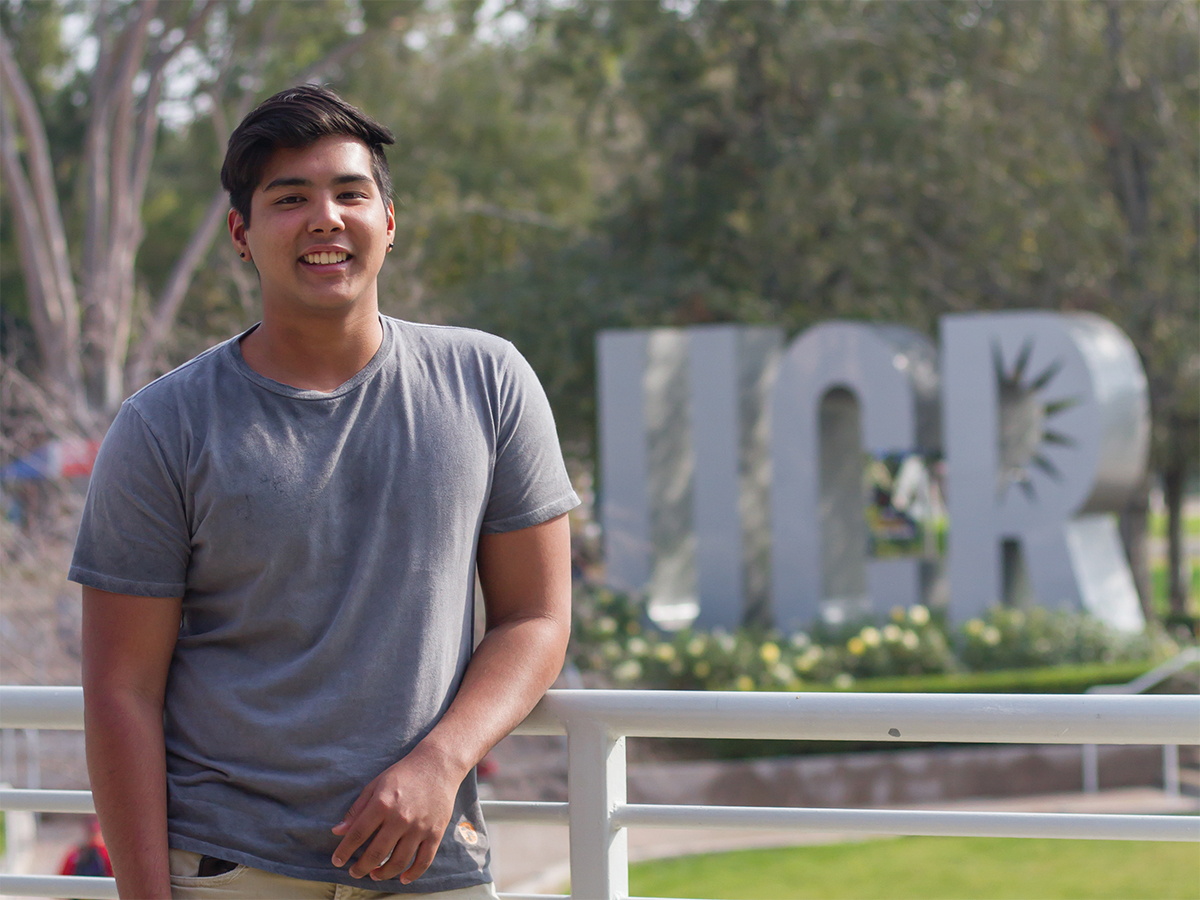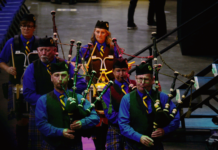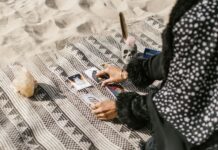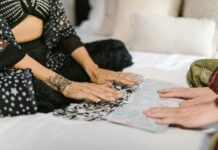
As a 10-year-old, Keane Veran was undergoing treatment for leukemia when his dad shared with him the story of Sadako Sasaki, a twelve-year-old Japanese girl who, in the 1950s, was diagnosed with cancer and tried to fold one thousand origami cranes. According to the Japanese legend, if a person folds 1,000 origami cranes, they will be granted a wish. While Sasaki was not able to fold enough cranes before she passed away, Sasaki and the legend became something that Keane and his dad connected through. Soon, the legend became instilled in OURA’s mission to make a thousand hats for every design and use that to grant a child cancer patient’s wish.
OURA headwear, short for origami, is a social enterprise founded by Keane, now cancer-free and in his second year as a business economics major at UCR, and his brother Shaun Veran, a UCLA graduate with a degree in microbiology. When Keane was 10 years old and began to undergo doses of chemotherapy, he lost his hair and wore a hat to cover up, but soon he and his family realized that hats were unsafe. “When was the last time you washed a hat?” Keane asks. For cancer patients, their immune system becomes weak and makes them vulnerable to all bacteria. “Not washing a hat can be deadly because hats are perfect incubators for bacteria,” says Keane. “You sweat in them, you take them all around, but they are one of the few things we don’t wash. My family found themselves recycling through hats like every week.” OURA, launched in November 2017, is their solution to that problem.
The OURA hat is infused with titanium dioxide which makes it self-cleaning, UV-protective, water-resistant and moisture wicking. “If you leave it in the sun, it would kill all the bacteria on its own,” explains Keane.

Although the hat is designed with cancer patients in mind, it applies to everyone. “If you have an active lifestyle and go out a lot, it has UV protection and stays clean,” Keane emphasizes.
After being diagnosed in November 2008, Keane joined the Make-a-Wish Foundation. His wish to meet President Obama was granted in 2012 when he and his family flew to Washington D.C. and met him in the Oval Office. Obama “was a figure I looked up to when he was first elected. I felt empowered and so inspired,” states Keane. After the trip, Keane not only began to see his cancer as a blessing that taught him humility, but wished to create the same feelings of hope for other cancer patients.
“We just want to provide (Make-a-Wish) support in their mission to grant more wishes to children,” says Shaun. For Shaun, watching his brother undergo treatment was something that motivated him to make a change in the lives of cancer patients. “You can never have enough support, especially as a child,” he states.
“It feels like I’m living a dream.”
Childhood is something Keane has only muddied memories of. When he first underwent treatment in fifth grade, Keane had to be in an isolated room and was not able to socialize at school nor at family parties. “I didn’t feel like a child. I just felt like something going through pain and nonstop treatment,” he recalls. Though, he found solitude in those closest to him. “I thought about my family and my friends, what would happen to them if I gave up,” says Keane. “That’s what kept me going for a long time. Once I had my wish, it made me grateful for the people around me, not just my family and friends but strangers as well.”
OURA does not just make self-cleaning hats. They want to promote hope. Recently, OURA implemented a 1K challenge where cancer patients can get a free OURA hat by folding one thousand origami cranes, taking a photo of the cranes and sending 100 to the company. “Just by folding the cranes, it gives them something to do. It’s a distraction and takes the pain away from the treatment,” says Keane.
While OURA is reaching the halfway mark to selling their first one thousand hats, Shaun and Keane are optimistic about the future of the company. Keane and Shaun have received positive feedback from a limited number of patients using OURA. As of now, OURA hats are manufactured in a factory in Los Angeles, but Keane hopes that they can expand to larger factory.
For now, Keane finds that OURA has grown from a company to a passion. “It feels like I’m living a dream,” he tells me. “It’s definitely stressful but it’s well beyond worth it.”







